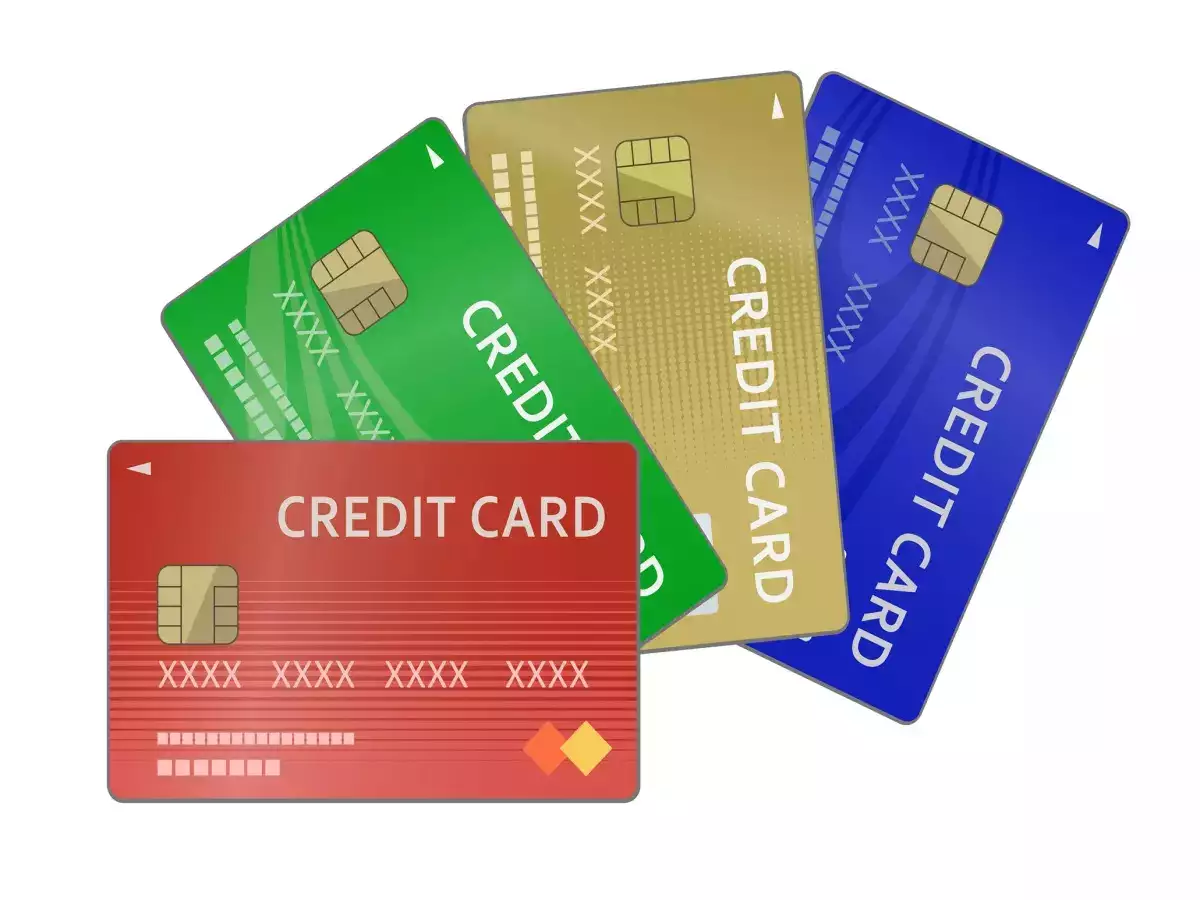What is the ideal number of credit cards to own?
As you expand your financial knowledge, you may find yourself asking: what’s the right number of credit cards to own? Ultimately, the right number for you will depend on your financial situation and needs. For some people, a single credit card is the best choice, making it easier to manage finances and minimize decision-making. Others, however, prefer juggling multiple cards—sometimes five or more—to take full advantage of rewards and benefits. The number of credit cards you own can influence your credit score in various ways, both directly and indirectly. Keep reading to discover how to determine the ideal number of credit cards for your needs, the average number people own, and the impact multiple cards can have on your credit.
How many credit cards is too many?
There isn’t a magic number of credit cards that’s the perfect amount for every consumer, and the maximum number is unknown. If you have good credit, you could probably successfully get approved for a dozen cards or more before lenders start to get suspicious. However, many financial experts warn that having an excessive number of credit cards may raise concerns for lenders.
Bruce McClary, senior vice president at the National Foundation for Credit Counseling, warns that even if your credit cards have low balances, having a lot of cards may worry lenders. Every time you apply for a credit card, it appears on your credit report. According to McClary, this could create the impression of being an impulsive borrower, particularly in certain situations. if multiple applications are filled out within a short period of time.
When applying for a new credit card, it’s wise to limit applications to one or two within a six-month timeframe and avoid exceeding five over a two-year span.
How many credit cards should I have?
The decision on how many credit cards to own is entirely up to you. But here’s a general guide that can be good to follow for the number of credit card recommendations based on your situation:
You’re just starting with credit cards. (Total credit cards: one.) If you’re looking to get your first credit card, it’s usually wise to stick with a single account. Handling credit responsibly can be challenging, and starting with multiple accounts may make it even more complicated. If you’ve never had a credit card before, you could consider getting a secured credit card, which has restrictions that help you build credit while learning the ropes.
You’re looking to start generating rewards with your credit cards. If your credit is strong enough to qualify for rewards cards, you might consider taking advantage of the benefits they offer. Typically, having two to four credit cards provides a good balance between managing credit responsibly and maximizing rewards. take advantage of. Many people have a cashback card with no annual fee as well as a store credit card with rewards for a retailer they shop at often.
You’re managing significant amounts of credit and have a higher income. Individuals with substantial incomes and significant credit card usage may find value in premium rewards cards, even those with annual fees. For example, business travelers may get a travel rewards card with benefits like airport lounges or airline miles. Before applying for a rewards card, make sure your financial situation and spending habits can offset the cost of the annual fee.
In most cases, you’ll want to consider adding more credit cards to your name only if you have a specific reason for doing so. Having credit cards for their own sake usually isn’t advisable, so consider carefully before opening a new account.
Is it good to have multiple credit cards?
Owning multiple credit cards can positively impact your credit by reducing your credit utilization ratio, a factor that makes up 30% of your FICO® score. By opening additional accounts, your overall credit limit increases, which lowers your utilization rate—as long as your spending habits remain unchanged.
Although credit utilization plays a significant role, payment history carries even more weight, making up 35% of your FICO® score. This highlights the importance of consistently making on-time payments on your credit cards. is more important than having multiple cards.
How many credit cards do people usually have?
Credit needs vary from person to person, but according to Experian®, the typical American adult holds around four credit cards. However, this number can fluctuate depending on various factors, such as geographic location. For example, in 2020, residents of New Jersey had the highest number of credit cards on average in the United States (4.54), while Alaskans had the fewest credit cards on average (3.06).
Even more interesting is the generational gap among credit card holders. Older generations typically own more credit cards, but trends show that as they begin closing accounts, younger individuals are opening new lines of credit.
These generational differences make sense because younger adults (Gen Z) likely don’t have enough credit history to get approved for multiple cards. The older generations (Silent Generation and Baby Boomers) are hopefully at a point in their lives where they’re financially secure, have paid off most debts and have less of a need to rely on credit through retirement.
For more information, please visit Cent Savvy Credit Repair Counseling

